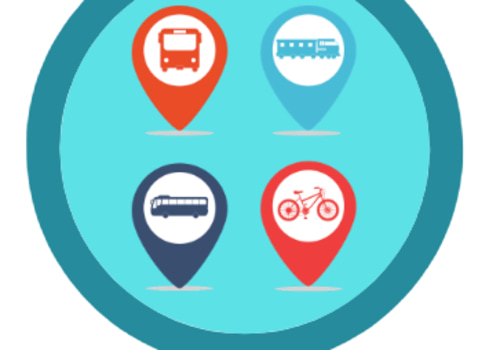As a senior, finding qualified healthcare providers in your area can be a daunting task. Fortunately, there are a few steps you can take to make the process easier. You can start by making inquiries at local places of worship, senior centers, gyms, and yoga studios. Additionally, you can contact your area Agency on Aging and ask for recommendations.
The federal government's senior care locator can also help you find your local agency or call 800-677-1116. Geriatric care managers can be a great resource if family members live far away. They are specially trained professionals who can help you develop a long-term care plan and find the services you need. The Health Insurance Marketplace was created by the Affordable Care Act and helps you find health coverage that fits your needs and budget. All Marketplace health plans offer the same set of essential health benefits, including doctor visits, preventive care, hospitalization, prescription drugs, and more. You can compare plans based on price, benefits, quality, and other features important to you before making a decision.
People in most states use HealthCare.gov to apply for and enroll in health coverage. For information on access to public health services in rural communities, see the thematic guide for rural public health agencies. Rural populations are more likely to have to travel long distances to access health services, in particular subspecialized services. This can be a significant burden in terms of travel time, cost and time away from the workplace. In addition, the lack of reliable transportation is a barrier to care.
In urban areas, public transportation is often an option for patients to go to medical appointments; however, these transportation services are often lacking in rural areas. Rural communities tend to have more elderly residents who have chronic illnesses that require multiple visits to outpatient health centers. This becomes a challenge with no public or private transportation available. RhiHub's Transportation Thematic Guide to Supporting Rural Health Care provides resources and information on transportation and related topics for rural communities. Shortage of healthcare workers affects access to healthcare in rural communities. One measure of access to health care is to have a regular source of care, which depends on having an adequate health workforce.
Some health service researchers argue that evaluating access to health care simply by measuring the availability of providers is not an adequate measure for fully understanding access to health care. Non-use measures, such as counting rural residents who were unable to find a suitable care provider, can help to get a more complete picture of whether rural residents have sufficient healthcare staff. See What policies and programs at the state level can help address the problem of rural health workforce shortages? in RhiHub's thematic guide to the rural health workforce, for more information. To learn more about the challenges faced by healthcare workers in rural areas, the resources and strategies used to address the shortage of rural health workers, see RhiHub's thematic guide on rural healthcare workers. For more information on FQHCs, see RhiHub's thematic guide on Federally Qualified Health Centers (FQHCs). In addition, RhiHub's thematic guide to rural health clinics (RHC) answers frequently asked questions about these types of centers and provides information and resources. See To what extent are home health services available in rural communities? in the thematic guide on rural home health services for more information.
Palliative care and hospice agencies often face barriers and challenges similar to those of other health services in rural areas. These challenges can include labor shortages, hiring and retention programs, reimbursement issues, limited access to broadband, and others. Access to mental health providers and services is a challenge in rural areas. As a result, primary care providers often fill the gap and provide mental health services. However, primary care providers may face challenges that may limit their ability to provide access to mental health care, such as inadequate financial reimbursement or lack of time with patients. Despite the growing need, there is a shortage of substance use disorder services offered in many rural communities in the United States. Access to opioid use disorder (MOUD) medications is also limited in rural communities.
Medication-assisted treatment for opioid use disorder in rural areas of the United States provides an overview of MOUD, formerly called MAT, an evidence-based treatment for opioid use disorder. This source recommends using non-medical personnel for treatment, prescribing buprenorphine for home treatment, and involving the local community to build service centers as strategies to overcome barriers. See our toolkit on medications for opioid use disorder (MOUD) in rural areas for more information. RhiHub's thematic guides on substance use and abuse in rural areas and the rural response to the opioid crisis provide information and resources, answer frequently asked questions, and list model programs for addressing substance use disorder and model programs for addressing opioid use in rural areas. Oral health can affect overall physical and emotional health. For example, oral health needs that are not addressed can result in pain, cosmetic problems, and can affect academic or professional success. Despite the importance of oral health, access to dental care is very limited or difficult to access in many rural and remote communities. For more information see What oral health disparities are there in rural America? about RhiHub's thematic guide on oral health in rural communities. The closure of rural health centers or the interruption of services can have a negative impact on access to healthcare.




